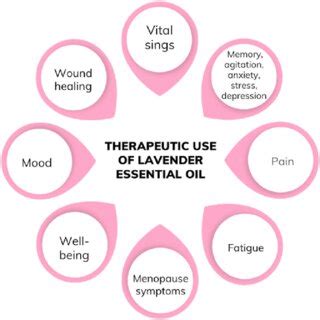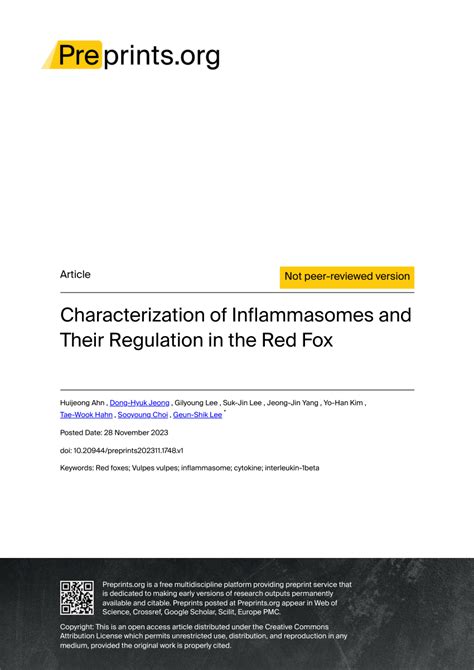Intro
Discover what Dextromethorphan is, a cough suppressant found in over-the-counter medications, and learn about its effects, uses, and potential risks, including addiction and overdose, in this informative guide on DXM.
Dextromethorphan is a medication most commonly used as a cough suppressant in over-the-counter (OTC) cold and cough medicines. It is known for its ability to act on the brain to elevate the threshold for coughing, thus providing relief from persistent and irritating coughs. However, its use and effects extend beyond mere cough suppression, and it has been a subject of interest for its potential neurological effects, abuse, and therapeutic applications.
The importance of understanding dextromethorphan lies in its widespread availability and use. It is found in numerous OTC products, including syrups, tablets, and gargles, making it easily accessible to the general public. While it is effective for its intended purpose, its potential for misuse and the variety of effects it can have on the body, especially the brain, necessitate a closer look at what dextromethorphan is, how it works, its benefits, risks, and other aspects related to its use.
Dextromethorphan's mechanism of action is complex and involves multiple pathways in the brain. It acts as an N-methyl-D-aspartate (NMDA) receptor antagonist, sigma-1 receptor agonist, and also has effects on serotonin and norepinephrine levels, among other neurotransmitter systems. This multifaceted action contributes to its cough-suppressing effects but also underlies its potential for neurological and psychoactive effects, especially when taken in high doses or as part of substance abuse.
Pharmacology and Mechanism of Action

The pharmacology of dextromethorphan involves its metabolism into dextrorphan, which is considered responsible for many of its neurological effects. Dextrorphan also acts as an NMDA receptor antagonist, and this action is thought to contribute to the dissociative and psychedelic effects experienced by some individuals who abuse dextromethorphan. Understanding the pharmacological profile of dextromethorphan is crucial for appreciating both its therapeutic benefits and its risks, including the potential for dependence and the variety of adverse effects that can occur, especially with misuse.
Therapeutic Uses

Beyond its use as a cough suppressant, research has explored the potential therapeutic applications of dextromethorphan for various neurological conditions. Its action on NMDA receptors and other neurotransmitter systems suggests potential benefits in treating conditions such as depression, anxiety, and even certain types of pain. Furthermore, the combination of dextromethorphan with other medications, like quinidine, has been investigated for treating pseudobulbar affect (PBA), a condition characterized by uncontrollable episodes of laughing or crying.
Benefits and Risks
The benefits of dextromethorphan in treating coughs are well-established, offering relief to millions of people suffering from respiratory infections and other conditions that cause persistent coughing. However, the risks associated with its use, particularly when taken in excess or as part of a pattern of substance abuse, cannot be overlooked. These risks include a range of adverse effects, from mild (such as dizziness and nausea) to severe (including hallucinations, dissociation, and even coma in extreme cases).Abuse and Misuse

The potential for dextromethorphan to be abused is a significant concern. When taken in large doses, it can produce euphoric effects, dissociation, and hallucinations, making it attractive to some individuals seeking to alter their consciousness. This misuse can lead to a range of negative consequences, including addiction, increased risk of accidents, and exacerbation of underlying mental health conditions. The ease of access to dextromethorphan, given its presence in many OTC medications, contributes to its appeal for misuse.
Regulation and Safety Measures

In response to concerns about misuse and safety, regulatory measures have been implemented in various jurisdictions to limit access to dextromethorphan, particularly among minors. These measures include age restrictions on the purchase of products containing dextromethorphan, limits on the quantity that can be purchased, and requirements for these products to be stored behind pharmacy counters. Additionally, public health campaigns aim to educate the public about the risks associated with dextromethorphan misuse.
Public Awareness and Education
Public awareness and education are critical in preventing the misuse of dextromethorphan and ensuring its safe use. Efforts to inform both healthcare professionals and the general public about the potential risks and benefits of dextromethorphan can help mitigate its misuse. This includes providing clear guidelines on appropriate dosing, recognizing signs of misuse, and understanding the importance of seeking medical help in cases of suspected overdose or adverse effects.Future Directions and Research

Research into dextromethorphan continues, with ongoing studies exploring its therapeutic potential for various neurological and psychiatric conditions. The development of new formulations and combinations, such as the use of dextromethorphan with quinidine for treating PBA, highlights the evolving understanding of this compound. Further investigation into its pharmacology, particularly its metabolites and their effects, may uncover additional therapeutic applications while also informing strategies to mitigate its risks.
Conclusion and Final Thoughts

In conclusion, dextromethorphan is a complex medication with a range of effects and applications. While it is widely recognized for its efficacy as a cough suppressant, its potential for misuse and its therapeutic applications in neurological conditions underscore the need for a nuanced understanding of this compound. As research continues to uncover the full spectrum of dextromethorphan's effects and potential uses, it is essential for healthcare professionals, policymakers, and the public to be aware of both its benefits and risks, ensuring its safe and effective use.
We invite readers to share their thoughts and experiences regarding dextromethorphan, its uses, and its implications for public health. Your comments can contribute to a broader discussion on how to balance the therapeutic benefits of medications like dextromethorphan with the need to prevent misuse and ensure safety. Please feel free to comment below, and consider sharing this article with others who may be interested in learning more about this important topic.
What is dextromethorphan used for?
+Dextromethorphan is primarily used as a cough suppressant in over-the-counter cold and cough medicines.
Is dextromethorphan safe?
+Dextromethorphan is generally safe when used as directed for its intended purpose. However, it can have risks and adverse effects, especially when misused or taken in excess.
Can dextromethorphan be addictive?
+Yes, dextromethorphan has the potential for abuse and addiction, particularly when taken in large doses for its psychoactive effects.
